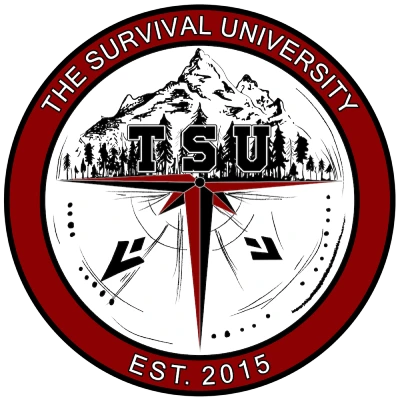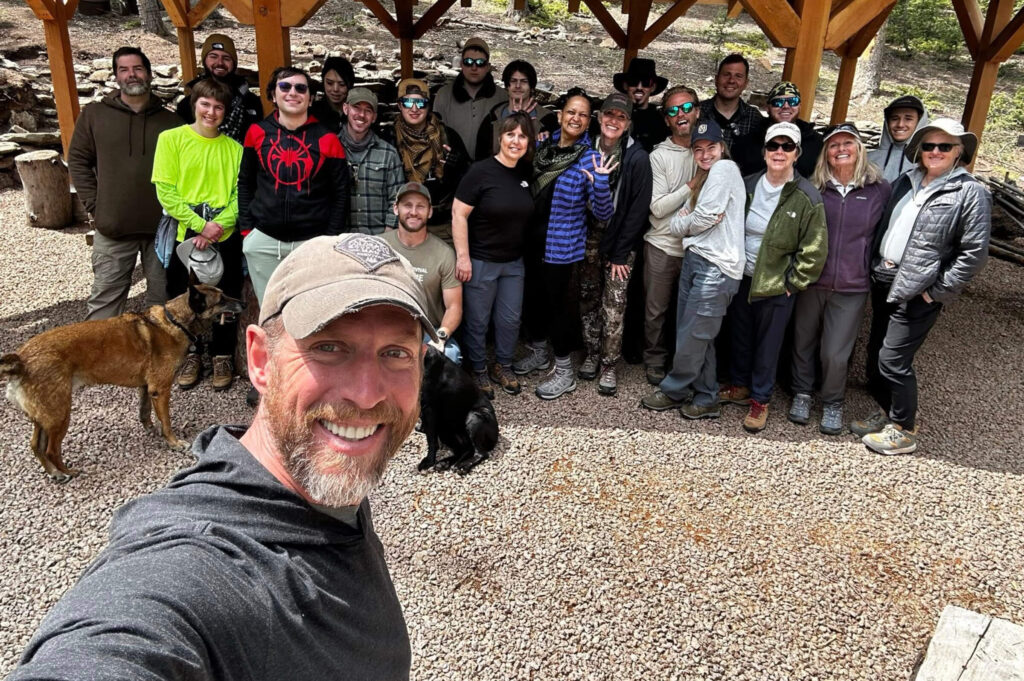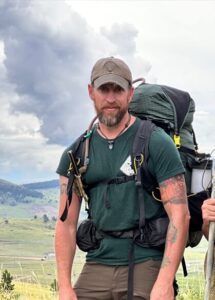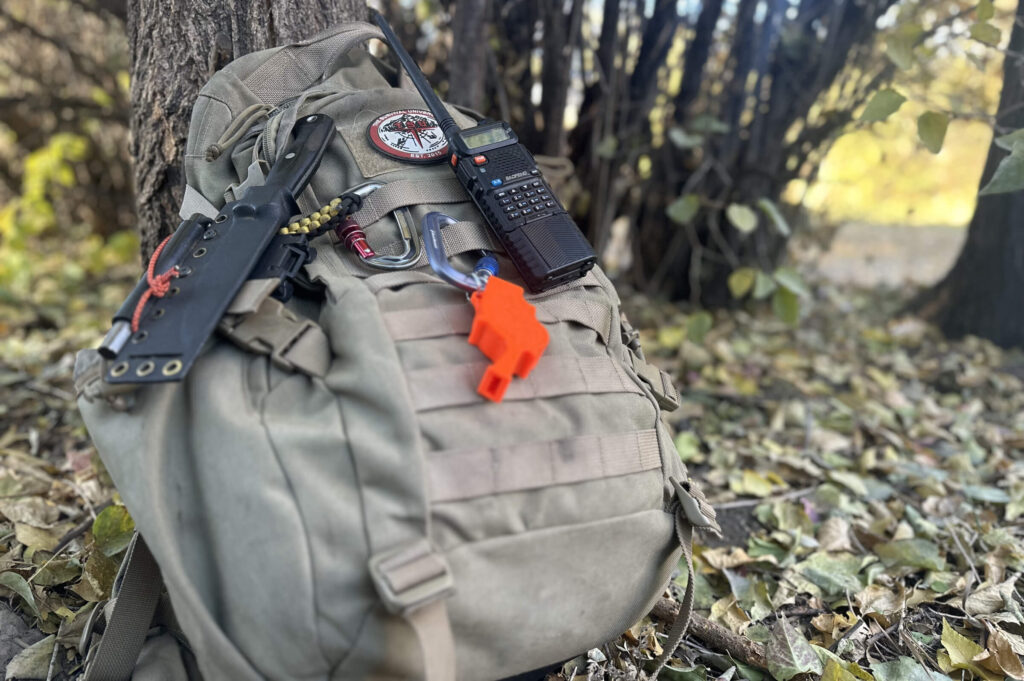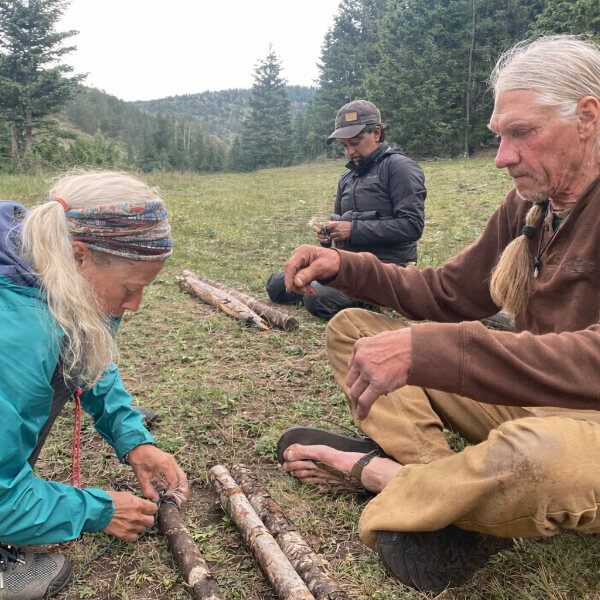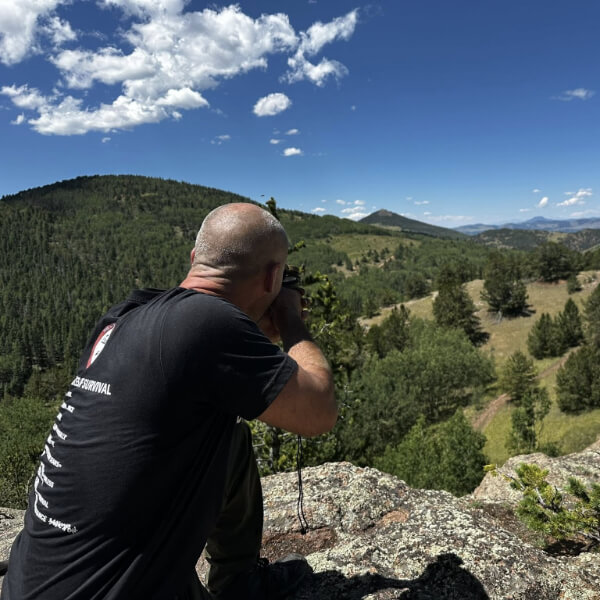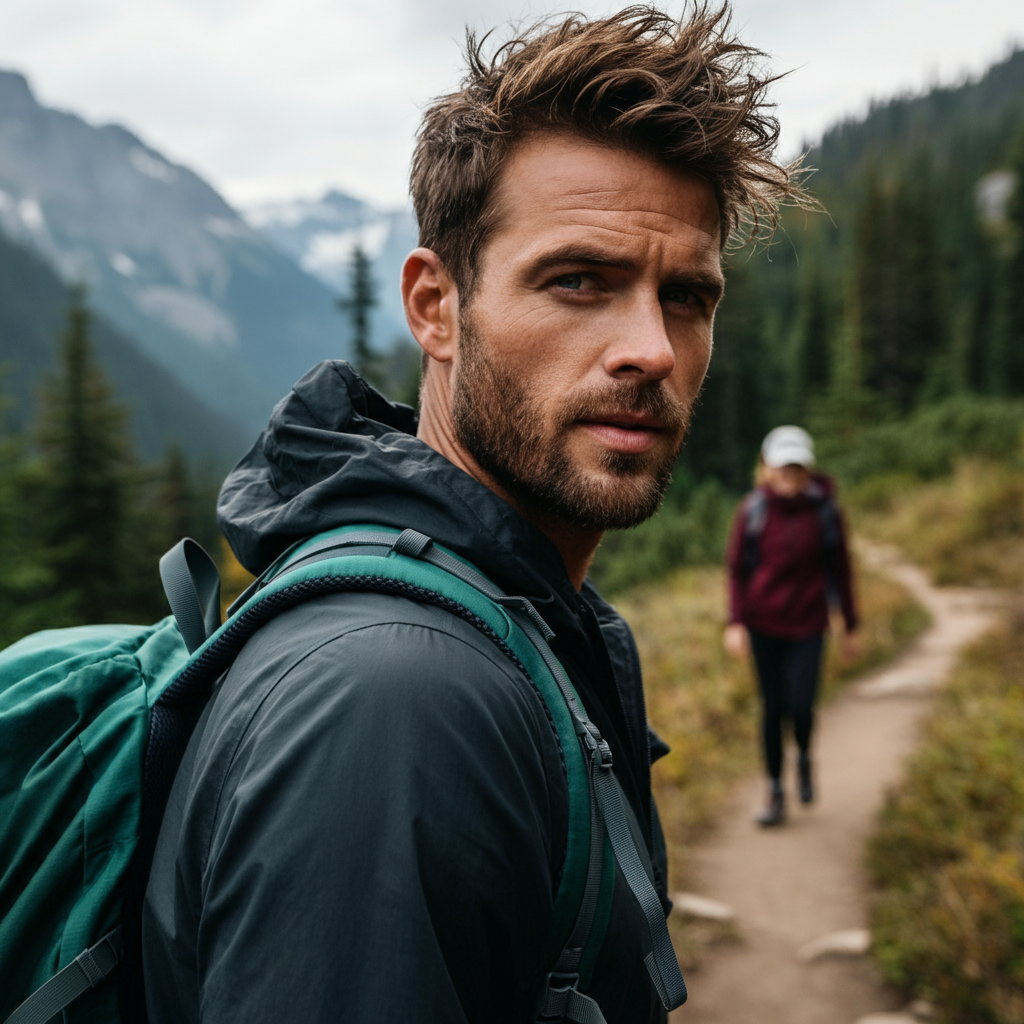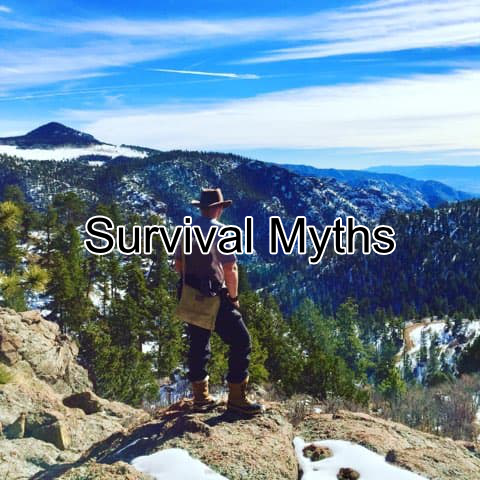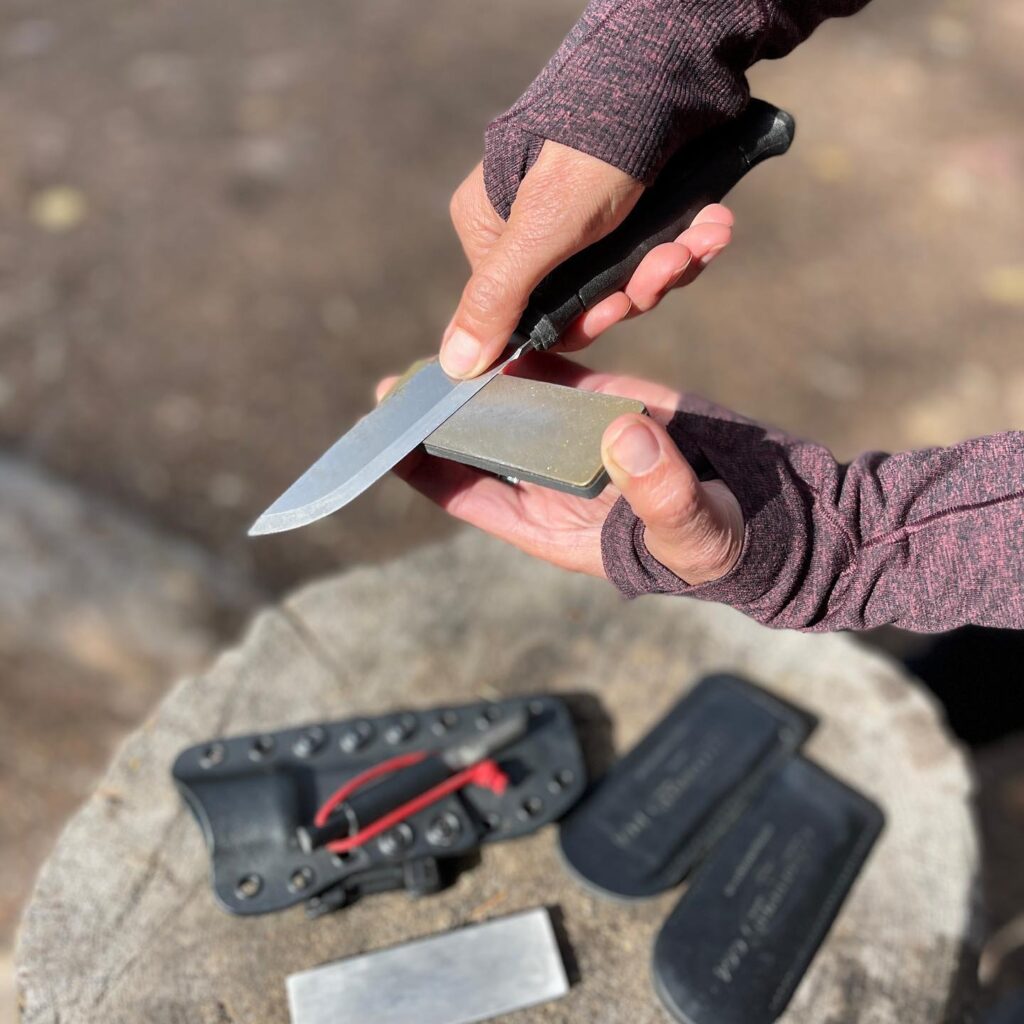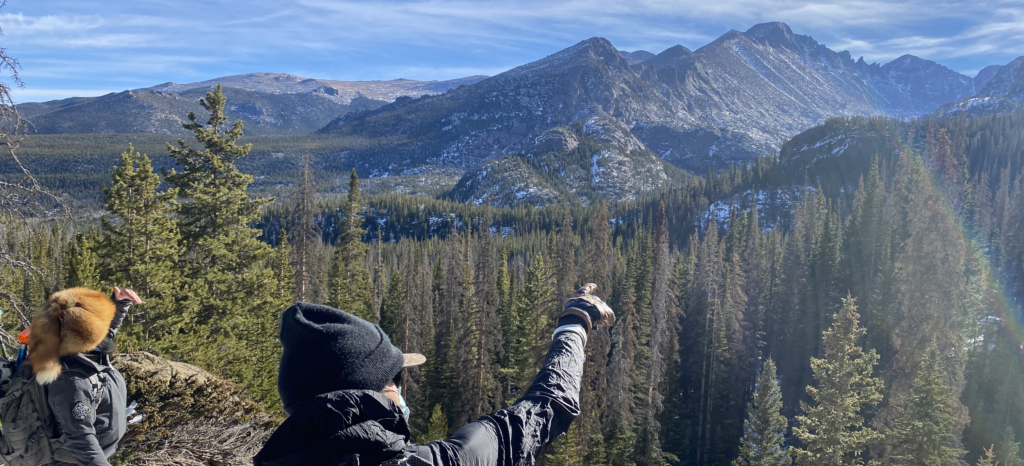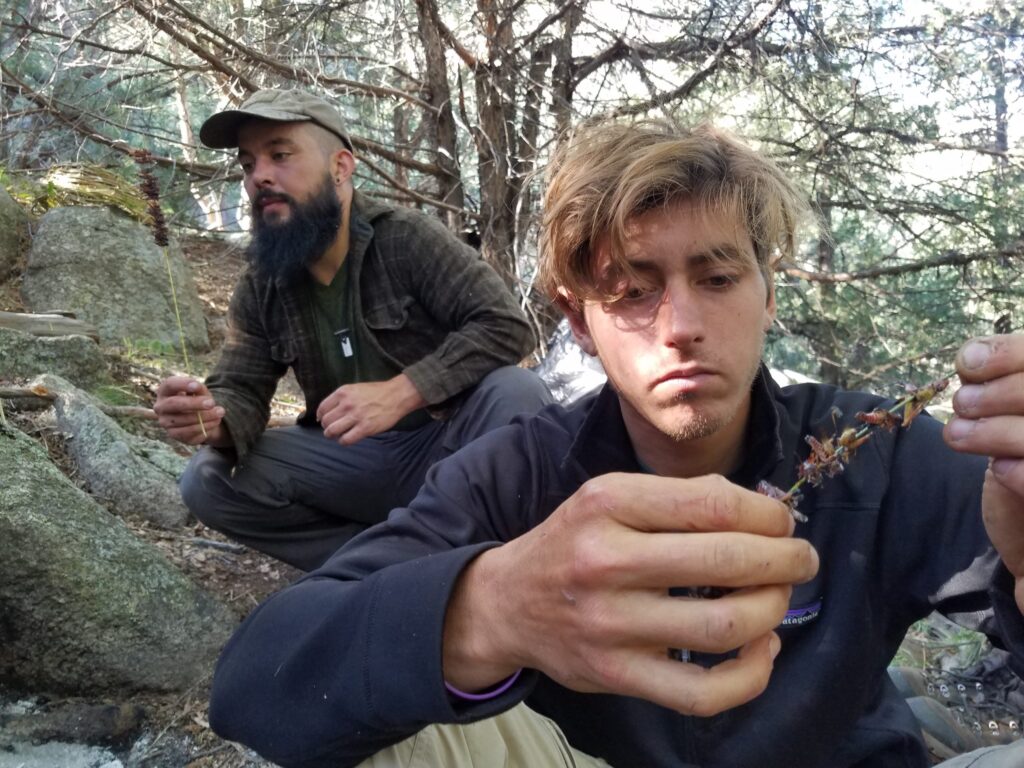Cart
11 min read
Rethinking the 5 C’s of Survival: What Really Keeps You Alive
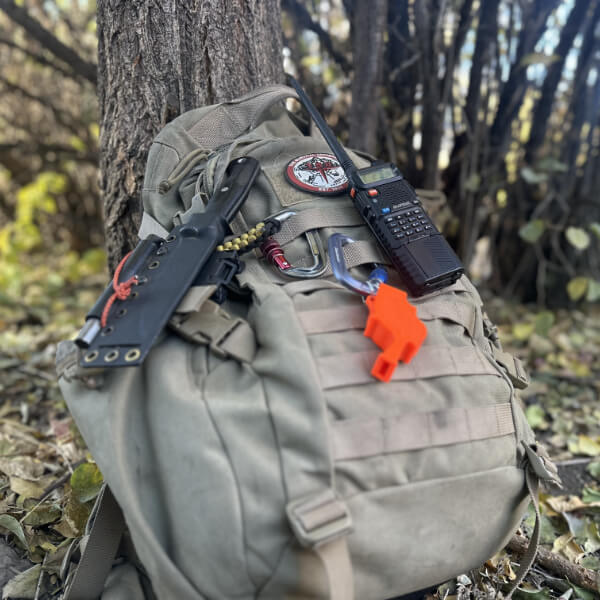
The 5 C’s of Real Survival: A Smarter Way to Stay Alive
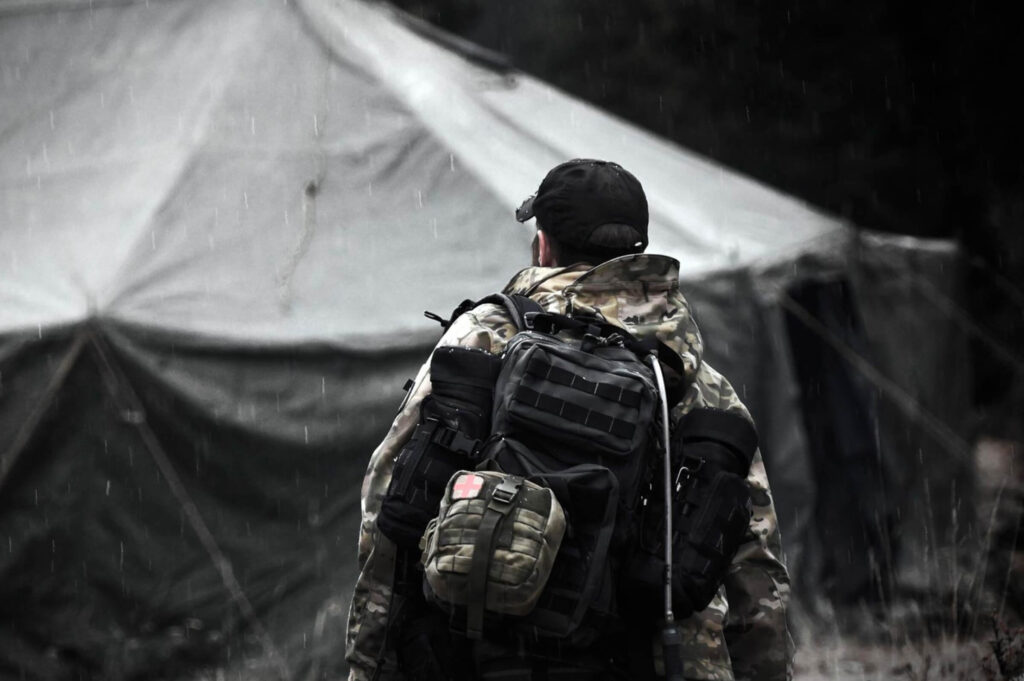
The 5 C’s of Real Survival
The more I teach, the more I realize survival is not about gear lists or acronyms. It is about understanding what really keeps people alive when everything goes wrong.
Challenging the 5 C’s of Survival
If you have spent any time in the survival world, you have heard of the 5 C’s: Cutting Tool, Combustion Device, Cover, Container, and Cordage. They have been around for years and are treated almost like sacred scripture by bushcrafters and instructors alike. You see them repeated in books, classes, videos, and every prepper forum on the internet.
They are not wrong. They are a solid framework. They make sense. I teach them too. But over time, I began questioning them, not to dismiss them but to understand them more deeply. Something about the way people treat the 5 C’s never sat right with me.
Over the years, I have noticed something about the survival community. Once an idea becomes accepted as “the way,” people stop thinking for themselves. They stop asking questions. They stop experimenting.
That is dangerous.
Survival is not about memorization. It is about adaptation. It is about understanding principles so thoroughly that you can apply them in any situation, even when conditions change or when gear fails.
When I teach, I encourage students to think critically and understand the “why” behind what they are doing. I do not want blind followers; I want capable thinkers. There is value in questioning ideas, but there is also a time to listen and trust the experience in front of you. In survival, wisdom comes from both curiosity and discipline.
And that is why I have started challenging the famous 5 C’s.

Why Challenge Something That Works?
When I first started teaching, I taught the 5 C’s exactly as they were written. It is a clean, simple list that gets people thinking about redundancy and preparedness. But over time, through real world experiences, case studies, and deep research into actual survival incidents, my perspective began to change.
I have read countless reports about people who got lost or stranded and have been contacted by news agencies asking for insight into why those situations turned fatal. Studying those events forced me to look deeper. I wanted to understand what really went wrong, what decisions were made, and what could have changed the outcome.
What I found threw many of the so called rules of survival right out the window. In case after case, people had the gear that should have kept them alive, yet they still did not make it. Meanwhile, others with far less equipment survived because they made better choices, stayed calm, and focused on the right priorities.
People do not die because they forgot their cordage or lost their metal cup. They die because they cannot signal for help, because they are injured and cannot move, because they panic and make poor decisions. The psychology of survival does not care how much paracord is in your pack.
That realization made me rethink the entire concept. What if the focus shifted from gear based comfort to what actually saves lives? What if we rebuilt the framework around the real factors that decide who makes it out and who does not?
That line of thinking led to what I now call the 5 C’s of Real Survival.
They are not about spending the night in the woods. They are about getting home.
Communication
If you cannot call for help, nothing else matters.
This is the one almost everyone overlooks, maybe because it does not sound cool. But it is the most important survival skill of all, the ability to be found.
You cannot shout for hours, and even though gunfire can be heard for miles, it is not a sustainable way to signal when you are lost or injured. Ammo runs out. But a whistle, a mirror flash, or a radio hitting a repeater or satellite can save your life.
I have seen time and again how people forget that survival is not just about staying alive in the wild, it is about getting out of the wild. Communicate early, communicate often, and carry tools that let you reach someone else. A whistle weighs less than an ounce and can be heard farther than your voice ever will.
Survival is not just physical; it is psychological. The sound of your own whistle echoing through a canyon reminds you that you are not powerless. That is what keeps people in the fight.
Care
You cannot build, burn, or cut if you are bleeding out.
This is not about bandaging blisters or cleaning scrapes. This is about real survival, trauma, blood loss, broken bones, blocked airways, and shock. This is the right now stuff, the kind of injuries that make everything else irrelevant in seconds.
If you have ever seen someone bleeding heavily or struggling to breathe, you know that survival changes in an instant. None of the other C’s matter until you stabilize the human body. The most important thing you can do in that moment is act, apply pressure, stop the bleeding, open the airway, calm the mind. That is Care.
When I teach, I remind students that your first tool is not in your pack, it is your mind. Panic kills faster than almost anything else. You do not need to be a medic to save a life, but you do need to know how to control your own reaction long enough to think clearly and take action.
Carry a med kit. Learn how to use it. Train your hands to move when your brain is screaming. Because in those first few minutes before help ever arrives, you are the medic.
Combustion
Fire is the bridge between chaos and control.
The second most important survival skill, right behind creativity, is combustion or fire. Oh look, creativity, another unspoken C.
Combustion is the category, but fire is the goal. Without it, you lose heat, light, purification, and morale. Because without creativity, you cannot adapt, and without fire, you cannot endure.
Fire is warmth, safety, light, purification, and morale. It is what keeps you human when everything else feels stacked against you. Starting a fire is one skill, but keeping it alive through the night is another entirely. Anyone can get a flame, but maintaining it in the wind, rain, or snow takes practice, patience, and mindset.
I tell my students that fire represents stability, the point where panic turns to focus. When you can make fire in bad conditions, you stop being afraid of your environment and start working with it.
Carry multiple ways to make fire. Know them well enough that you do not need to think. Pride has no place in a survival situation. A lighter or ferro rod will always beat a bow drill when it is 20 degrees and raining. Primitive methods matter, but real survival is not about showing off. It is about staying alive.
Cutting Tool
The knife is still one of the highest value items you can carry. It multiplies your capability and turns raw materials into solutions. With a knife you can carve, split, process food, shape tools, make traps, scrape bark for tinder, defend yourself, and even help start a fire. Without one, every task takes more time, more energy, and usually more risk.
A knife is only as good as your familiarity with it. Know its edge, its limits, and how to maintain it. Practice real tasks, not just shaving curls for photos. I have seen people with a pricey custom who cannot carve a simple tent stake, and folks with a beat up $50 Terrasaur who can build a functional camp.
It is not about the brand. It is about capability. Skill beats gear every time.
Cover
Your first shelter is what you are wearing.
People often think of cover as a tent or a tarp, but I see it differently. Shelter starts the moment you step outside. Your clothing choices before you leave the house might determine whether you live through a cold night.
When I teach, I tell students to think in layers, mindset, movement, materials. Your cover gives you time to make better decisions. Every minute you are dry, warm, and thinking clearly increases your odds of making it out alive.
Do not get me started on the survival rule "Shelter First Always". Shelter first always dies the second you fall through ice or into a freezing stream but I digress.
Why Container and Cordage Did Not Make the Cut
Dropping these was not easy. I respect what they bring to bushcraft and survival, they are incredibly useful. But in a true survival situation, they are not priorities over the others.
Container. Yes, water is life, but the human body can go days without it if you are smart with energy and exposure. You can improvise containers if you have to. It is inconvenient, but not impossible.
Cordage. Same story. Handy, yes. Necessary, not always. Nature is full of fibers, vines, and roots you can twist into something functional. But none of that helps if you have already frozen, bled out, or gone unseen.
I did not cut them because they are useless, I cut them because survival is about triage. You deal with what kills you fastest.
Why Challenging Authority Matters
In the survival world, people get protective over names. Certain figures build reputations that turn into brands, and their followers defend them like religion. But survival is not about loyalty to personalities. It is about truth tested in the field.
I have never been afraid to question what is being taught, even when it comes from someone with a big following. Real experience does not need a title or a marketing campaign. It shows in how you move, how you think, and how you handle yourself when things get hard.
The problem is not with having heroes. It is when people stop thinking for themselves. When they accept every rule or catchphrase without testing it. The woods do not care about your resume, your social media followers, or your reality TV show appearances. They will expose what is real every single time.
That is why I tell students to keep asking questions. Keep learning, keep challenging, and never stop proving what works through real experience. At the end of the day, no matter how much you’ve seen or taught, the wilderness still has lessons left to give. Sometimes a teacher, always a student.
The Psychology of Rethinking Survival
The truth is, most people do not fail to survive because they lack tools. They fail because they panic, cling to outdated ideas, or stop thinking critically. Real survival is not about following checklists, it is about mindset, adaptability, and emotional control.
The brain under stress does not think the same way it does in comfort. Tunnel vision sets in, fine motor skills vanish, and logic gives way to impulse. The only way to counter that is to practice making decisions under pressure. Every repetition, every time you fail and try again in training, rewires how you respond in chaos. Each of the new 5 C’s depends on that kind of control. Without it, communication breaks down, care gets sloppy, and fire never catches. With it, everything else starts to fall into place.
When you challenge established systems, you are not disrespecting them, you are testing them. That is what keeps them real.
The 5 C’s of Real Survival, Communicate, Care, Combust, Cut, Cover, are not just items on a list. They are priorities that line up with how people actually survive when the plan falls apart.
It is not about thriving in the wilderness. It is about making it home.
I’ve thought about putting Creativity in the number one spot, but that "C" isn’t a tool. It’s a mindset.

About the Author
Jason Marsteiner is the founder and lead instructor at The Survival University, where he’s turned his obsession with staying alive into a mission to teach real-world survival skills. Forget fancy gear, Jason’s all about the know-how that gets you through the wild or a city crisis. A published author of Wilderness Survival Guide: Practical Skills for the Outdoor Adventurer, he’s distilled years of hard-earned wisdom into lessons anyone can use.
Raised in Colorado’s rugged mountains, Jason’s survival chops were forged in the wild—from Missouri forests to Arizona deserts to Costa Rican jungles. He’s navigated it all with next to nothing, earning creds like Wilderness First Responder (WFR) and SAR tracking along the way. He’s trained thousands to keep cool when 911’s out of reach, proving survival’s not just for grizzled adventurers, it’s for hikers, parents, and city slickers alike.
Jason’s mantra? Everyone should make it home safe. When he’s not running courses, he’s designing knives, mentoring newbies, or chilling in the city like the rest of us, always sharpening the skills that turn panic into power.
Leave a Comment
The Myth of the “Avid Outdoorsman”
When something goes wrong outdoors, the phrase “avid outdoorsman” is often used as reassurance. But time spent recreating in wild places does not automatically prepare...
Rethinking the 5 C’s of Survival: What Really Keeps You Alive
The 5 C’s of Survival have guided outdoorsmen for years, but gear alone doesn’t save lives. Real survival is about mindset, adaptation, and the decisions...
Embracing a Survival Mindset: The Key to Thriving in Uncertain Times
Discover the importance of developing a survivalist mindset in our latest blog post by Jason Marsteiner, founder of The Survival University. Learn how immersive training,...
Top 10 Survival Myths That Could Get You Killed
Learn the truth behind 10 common survival myths that could put your life at risk. Debunk the misconceptions and stay safe.
Why a Knife is Not Your Most Important Survival Tool: A COMPARISON OF SKILLS AND TOOLS IN REAL-LIFE SCENARIOS
Discover why a knife is not your most important survival tool in this eye-opening article. Learn crucial wilderness skills for emergencies.
Survival Myths That Could Get You Killed
There are a lot of survival myths or myths about lifesaving techniques that are completely false and potentially life threatening. In a state so filled...
Survival Psychology and Creating a Survivalist Mindset
Survival is not just about wilderness skills, it is also about a strong mindset. Understand Survival psychology to increase your survival chances.
